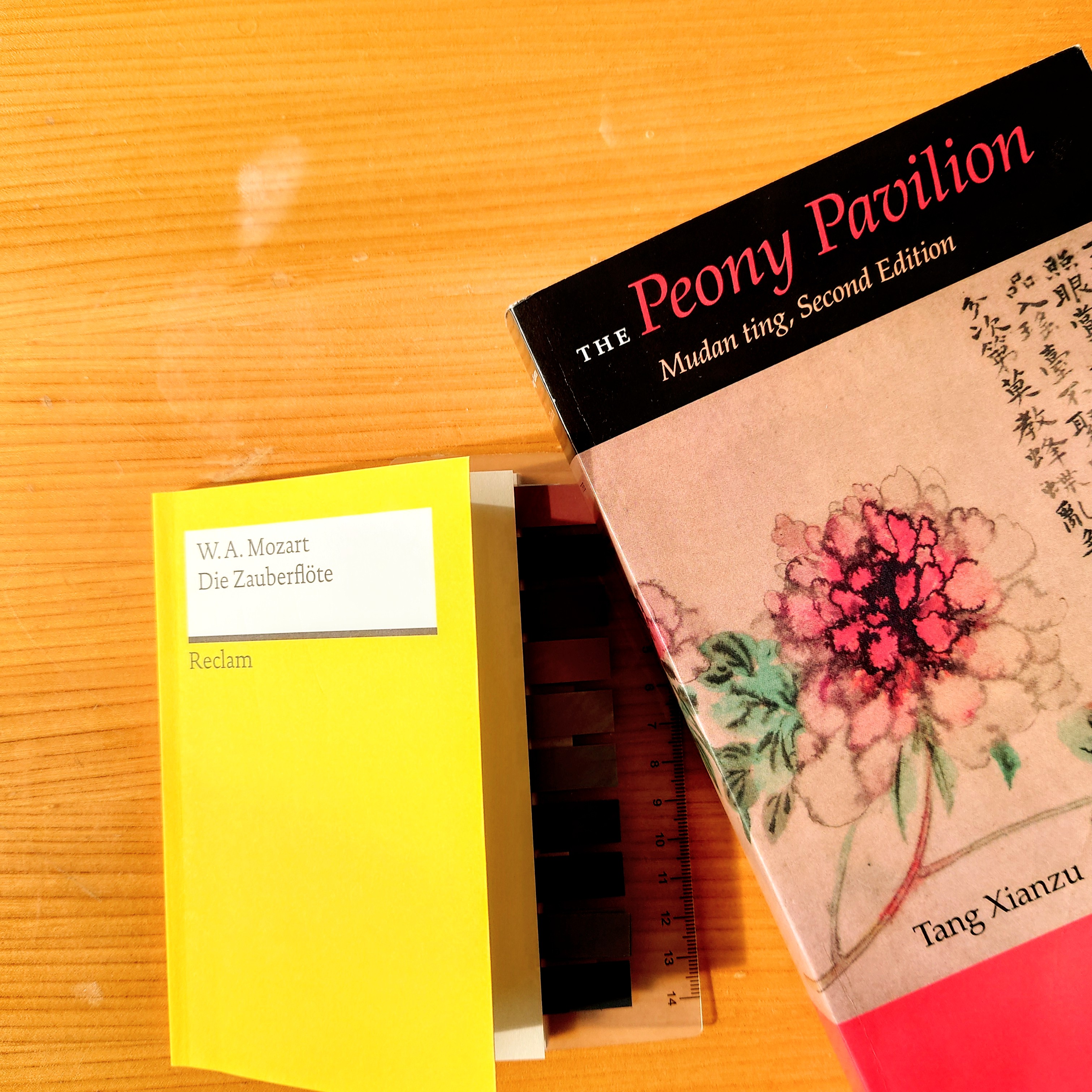
“Must the love that comes in dream necessarily be unreal?” Tang Xianzu (1550 – 1616) asked. He written an opera “Peony Pavilion” to answer this question. The storyline of this opera reminds me of Mozart’s opera “The Magic Flute”.
- Fell in love with each other before they really meet. A lover occur in a dream and a portrait.
- The protagonists were willing to be brave and courageous for this dream.
- As reward, dream comes true.
Madly in love over a portrait
In “Magic Flute”, Tamino was given a portrait of Pamina, whom he supposed to rescue. The rescue part was not the most difficult one nor to win Pamina’s heart. But the trials before they reunited. Tamino has a friend called Papageno, he found all these stuff were too bothersome, and preferred to stay single.
Tamino fell in love with Pamina over her portrait, and Pamina fell in love with Tamino only because Papageno told her that Tamino loves her. How real and unreal could this kind of love be?
Even more absurd, Bridal Du/ Du Liniang fell asleep by a peony pavilion and dreamed about her future husband Liu/ Liu Mengmei. Unabled to meet him in the real world, she died of a broken heart. She drew a self-portrait of her before she died. This portrait discovered by Liu three years later, and he madly fell in love with Bridal. Let us read the scenes of Tamino and Liu, what had the portrait done to them.
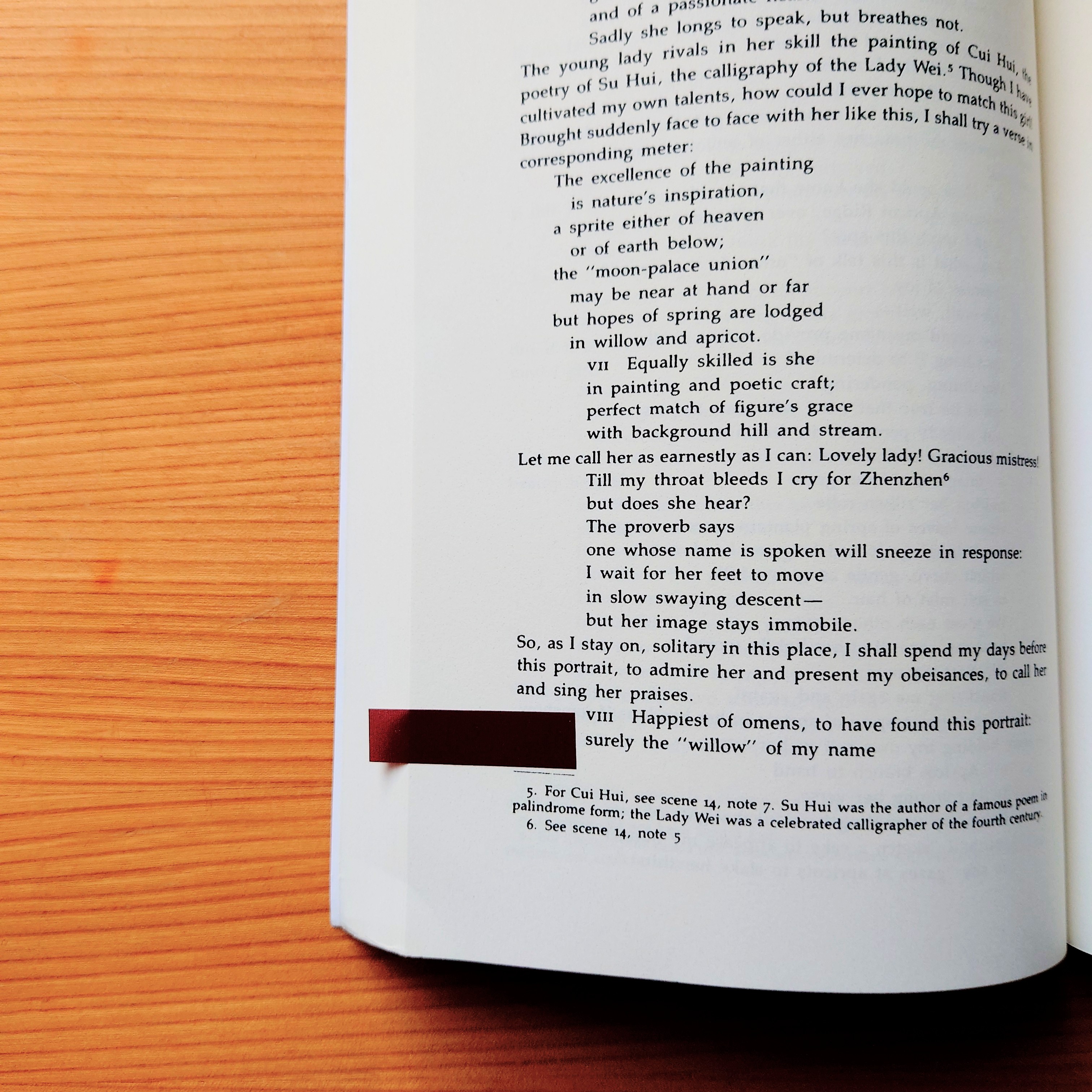
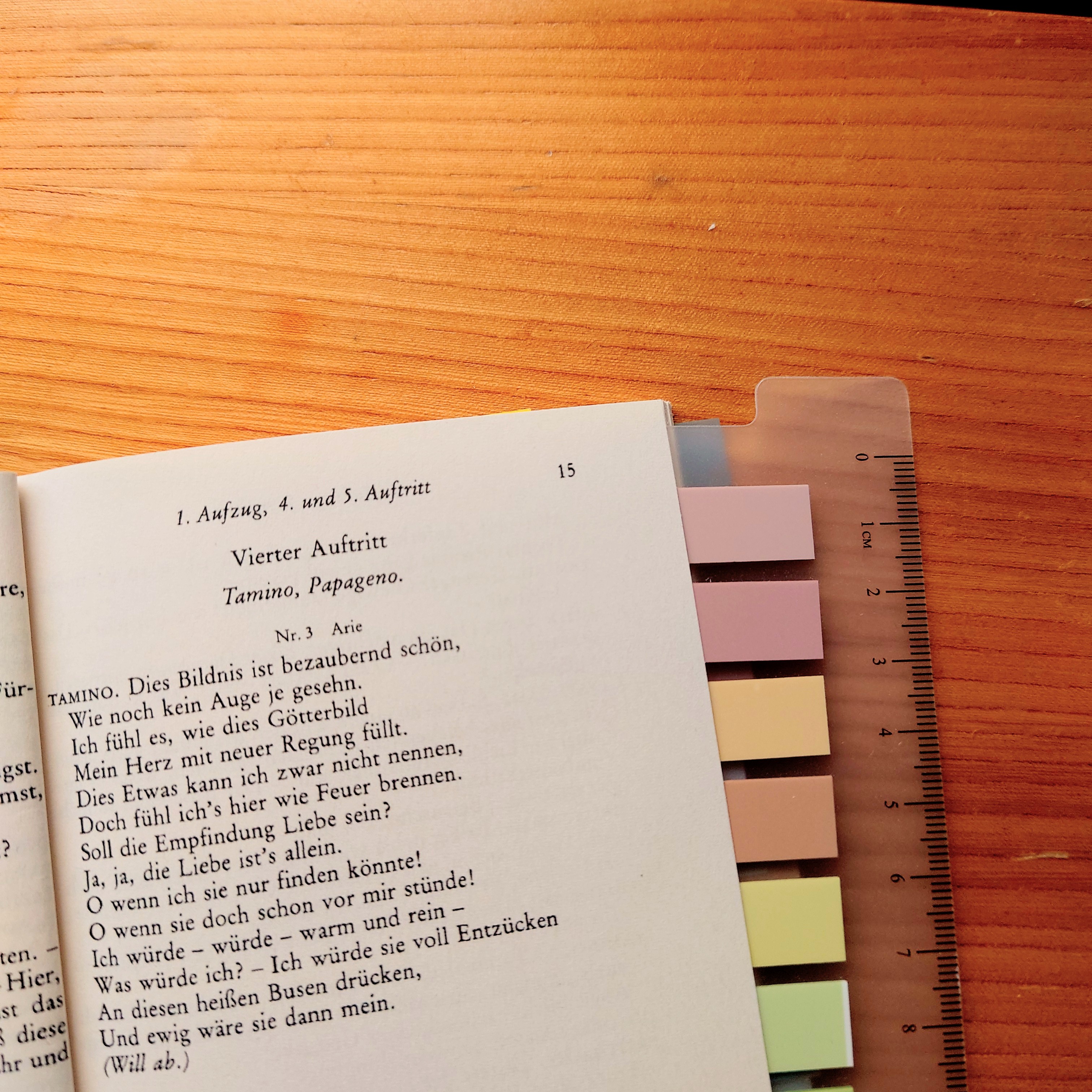
After Tamino see the potrait of Pamina for the first time, he sung:
This image is enchantingly lovely,
Like no eye has ever beheld!
I feel it as this divine picture,
Fills my heart with new emotion.I cannot name my feeling,
Though I feel it burn like fire within me,
Could this feeling be love?
Yes! Yes! It is love alone.Oh, if only I could find her,
Oh, if only she were already standing in front of me,
I’d become, become, warm and clean.What would I do? Full of rapture,
I would press her to this glowing bosom,
And then she would be mine forever!
Be Courageous for love
Tamino and Pamina also Liu and Bridal were ready to die and live for love. They took the risky path and dangerous road on behalf of love. Does love worth to risk one’s life?
The translator Cyril Birch argues that, in Peony Pavilion is a wrestle between “Qing” (love) and “Li” (sense). And the whole “Peony Pavilion” is “Qing” victory over “Li”. “Qing” is not the opposite of “Li”, but “Qing” is a higher virtue if compare to “Li”. Through this opera, Tang Xianzu reasoned that love makes sense.
Tang Xianzu, 1598.
“Love is of source unknown, yet it grows ever deeper. The living may die of it, by its power the dead live again. Love is not love at its fullest if one who lives is unwilling to die for it, or if it cannot restore to life one who has so died. And must the love that comes in dream necessarily be unreal?”
Setting aside dying for love, I asked: Can a human survive without experiencing love day by day?
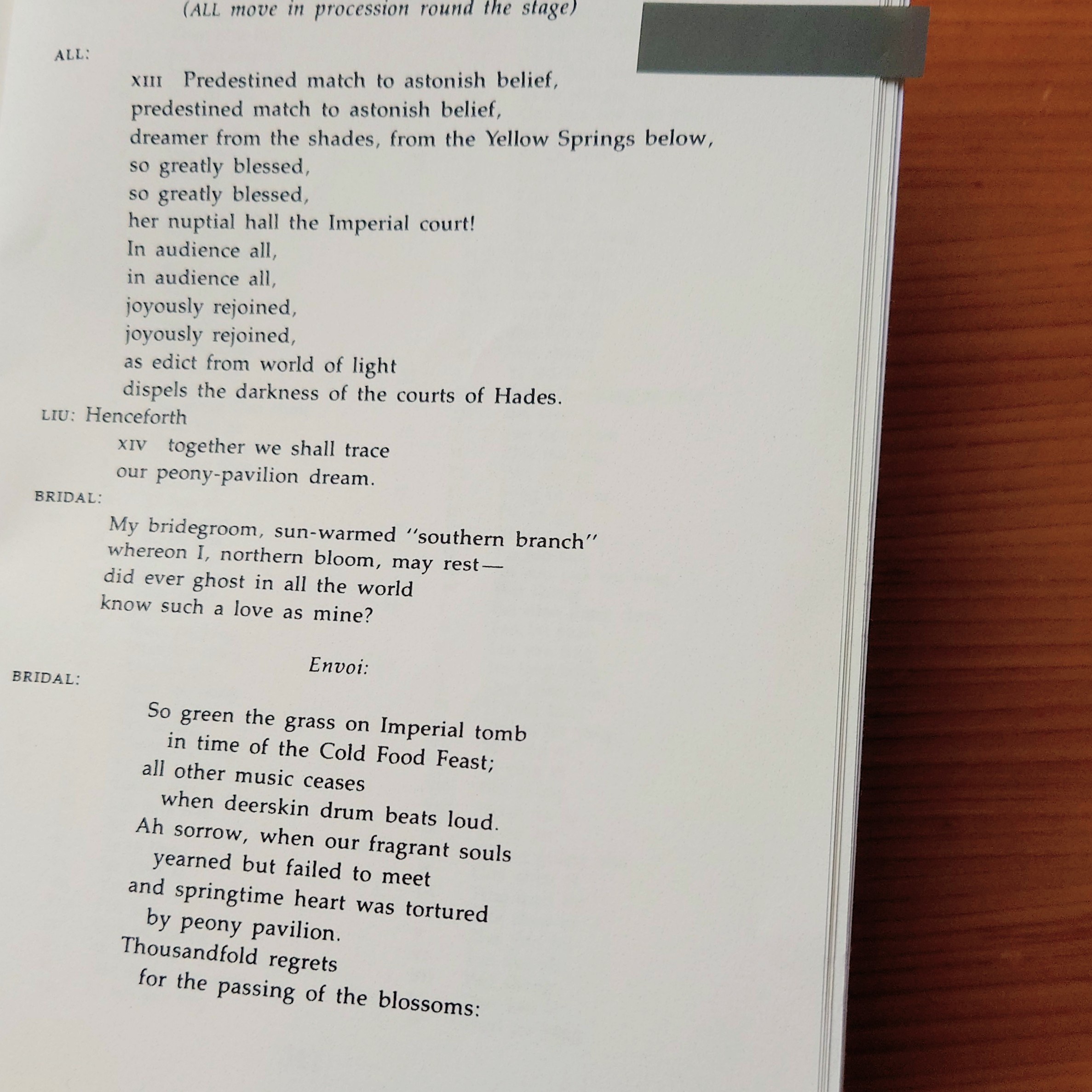
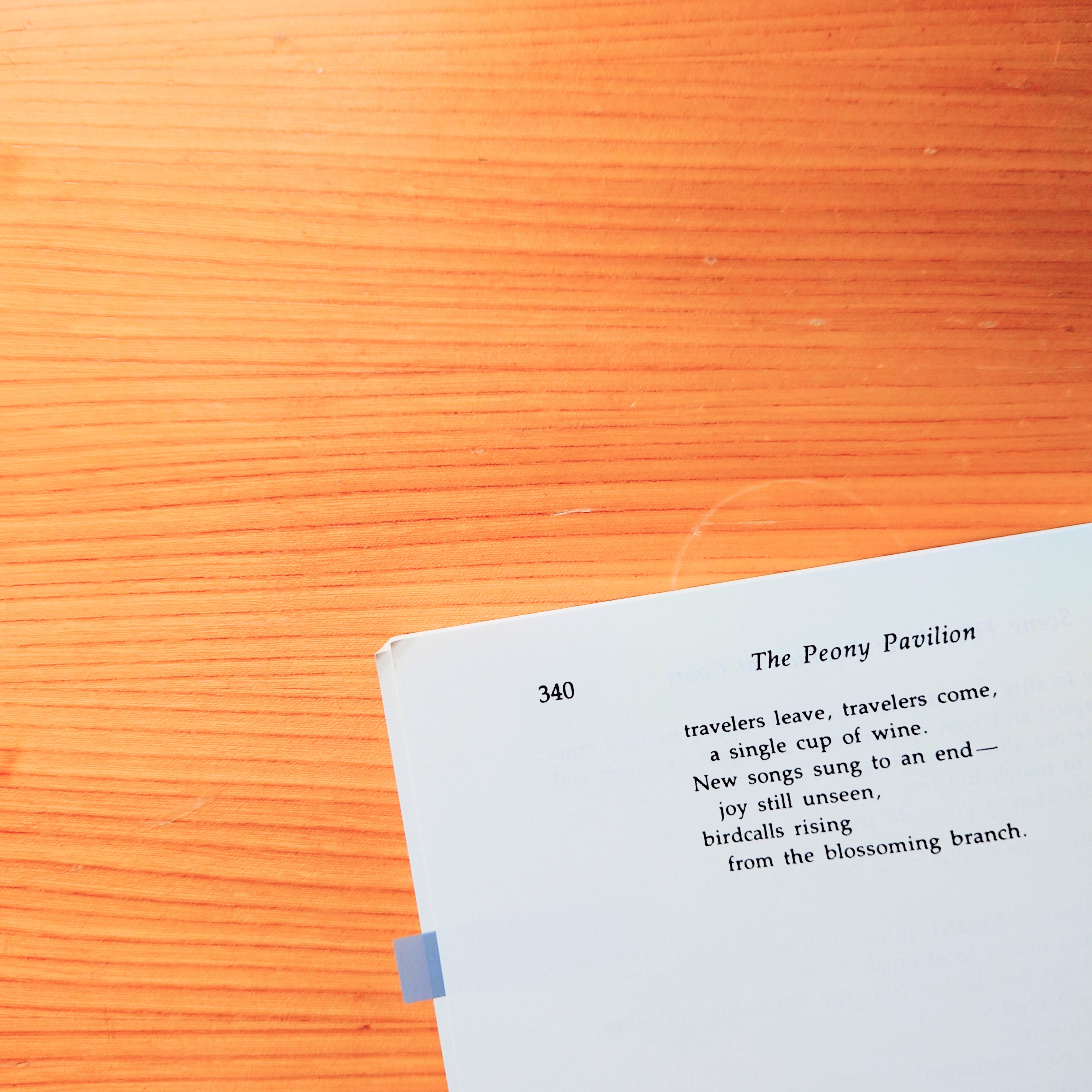
Happy Ending
Both opera have happy ending. The happy ending even extended to the supporting role – Papageno in Magic Flute. Papageno only has to change his mind, the happy ending comes so naturally to him. Well “only”, sometimes one’s mind (sense) is the greatest obstacle to see love.
Real or unreal, sense or nonsense both “Magic Flute” and “Peony Pavilion” are the most celebrated opera in their own region since the premier until now.
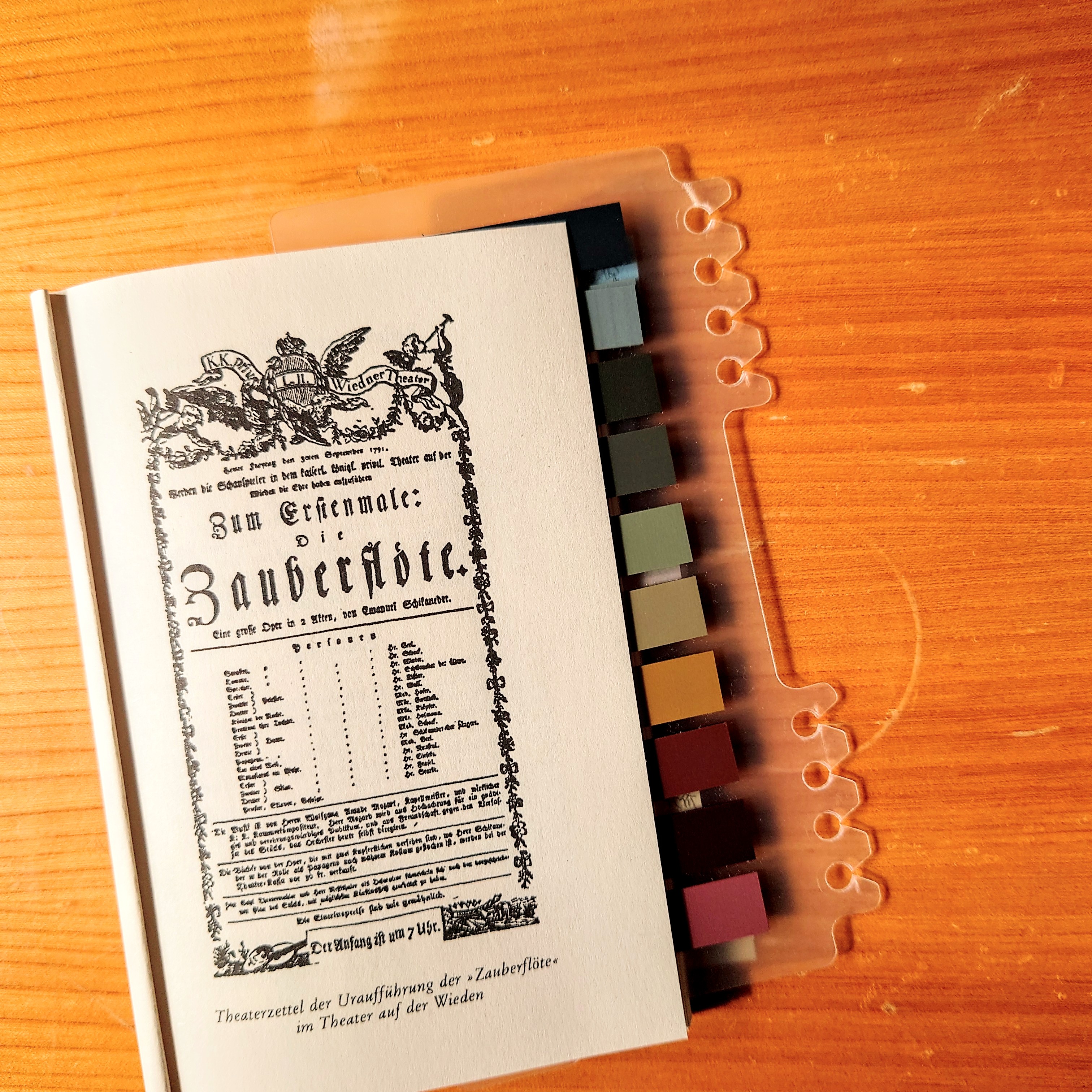
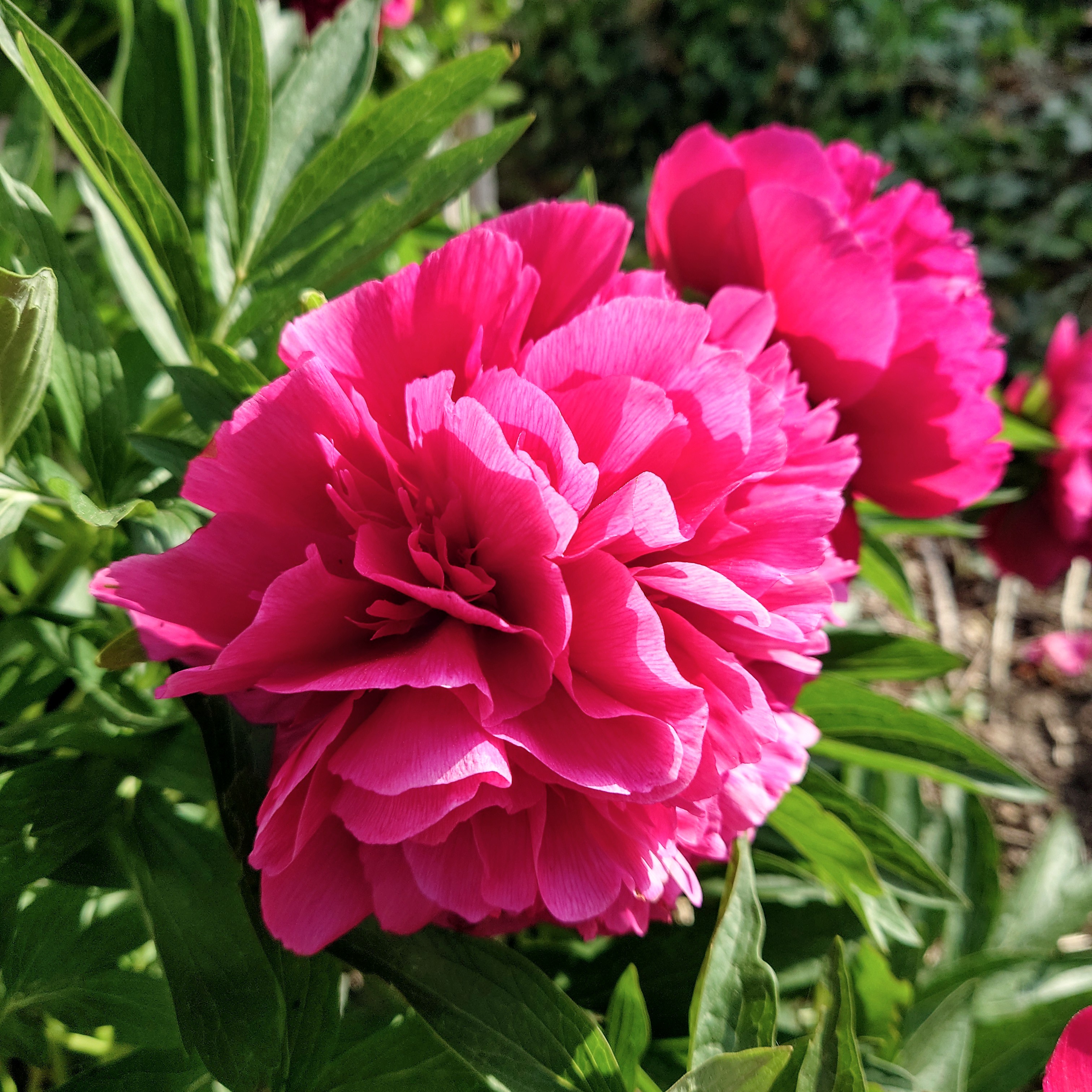
Book:
– Die Zauberflöte – Eine große Oper in zwei Aufzügen (Wolfgang Amadeus Mozart, Libretto von Emanuel Schikaneder). Stuttgart: @reclamverlag , 2014.
– The Peony Pavilion (trans. Cyril Birch). Bloomington: Indiana University Press, 1980.